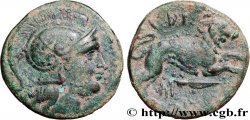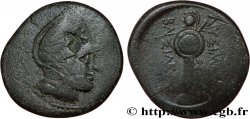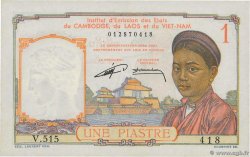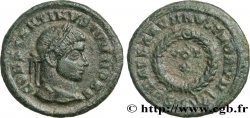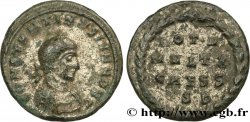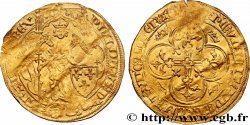Obverse
Obverse legend : ANÉPIGRAPHE.
Obverse description : Tête d'Athéna à droite, coiffée du casque attique à cimier et à aigrette.
Reverse
Reverse description : Lion bondissant à droite ; au-dessous, un fer de lance.
Reverse legend : BASILEWS// LUSIMACOU// (MA)
Reverse translation : (du roi Lysimaque).
Historical background
THRACE - THRACIAN KINGDOM - LYSIMACHOS
(323-301-281 BC)
Coinage in the name and type of Lysimachos
Lysimachus (c. 360-281 BC) was one of Alexander's leading generals. After the death of the brilliant conqueror on June 14, 323 BC, a fratricidal fight opposed the Diadochi, his successors. Lysimachus, initially favorable to the survival of the Empire, supports Antipater before becoming independent in 315 before J. - C., receiving the administration of Thrace. In 306 BC, after the naval battle of Salamis in Cyprus, Lysimachus, imitating Antigonus the One-eyed, his irreducible enemy, took the title of king (Basileos), both followed by Demetrius, Ptolemy, Seleucus and Cassander. Allied with Ptolémée, they crush Antigone which dies with the battle of Ipsos in 301 before J. - C. It is the birth of the kingdom of Thrace and the beginning of the personal coinage of Lysimaque. He must fight against Demetrius in Macedonia and Thrace. After 288 BC, he remained the most powerful of the reigning monarchs over Europe and Asia Minor. Lysimachus, aged 80, was killed at the Battle of Couroupédion in 281 BC..









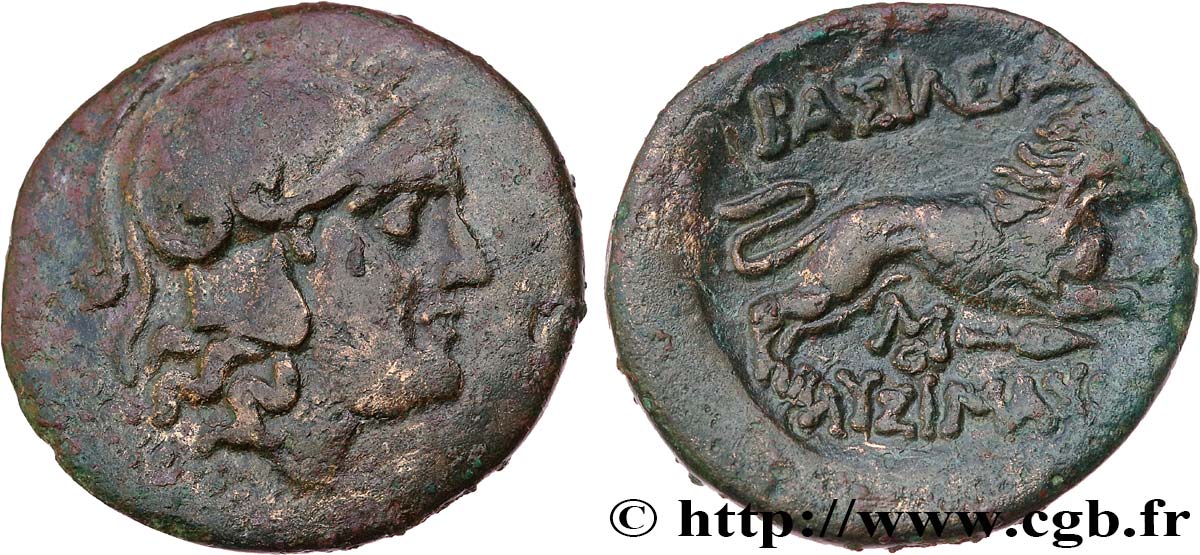
 Report a mistake
Report a mistake Print the page
Print the page Share my selection
Share my selection Ask a question
Ask a question Consign / sell
Consign / sell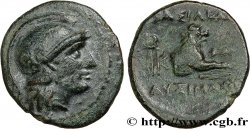
 Full data
Full data